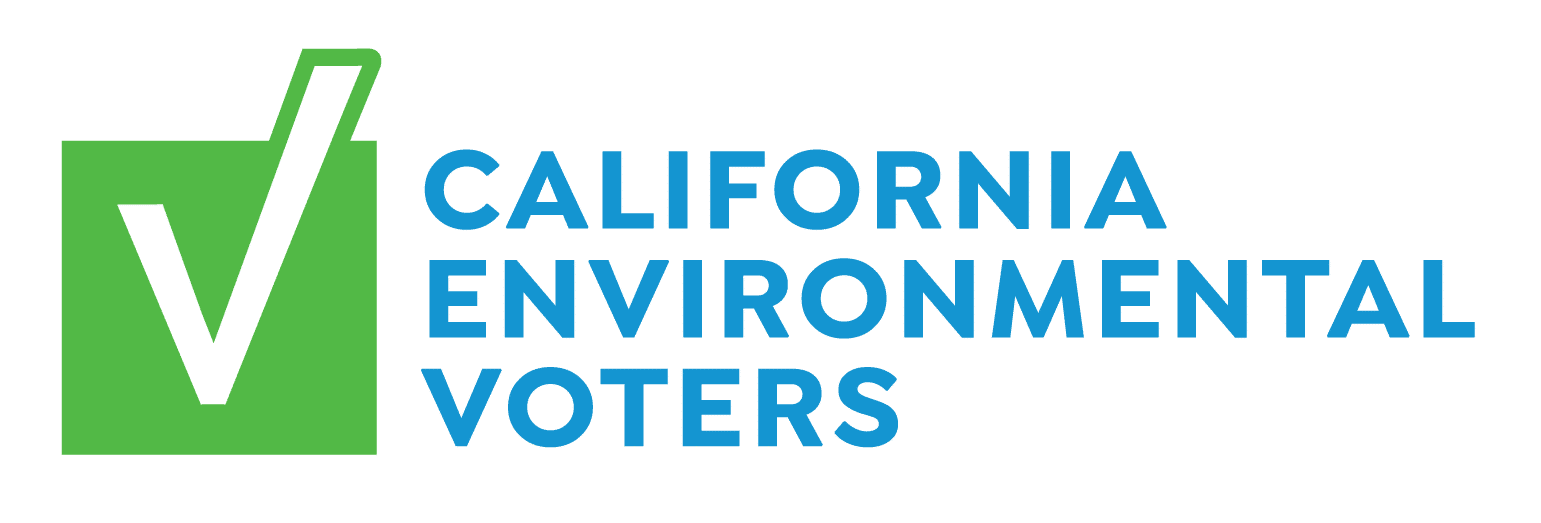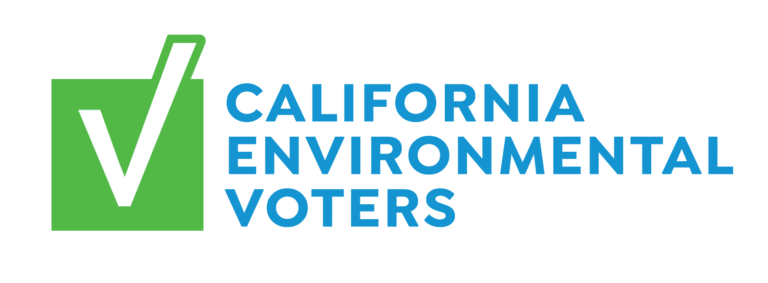This week, the state court of appeals ruled that an environmental impact report (EIR) for an expansion and modernization of the Chevron refinery in Richmond, California failed to address the additional pollution and greenhouse gas emissions resulting from the project. The ruling maintains a lower court injunction against proceeding with the project.
The good news is that there is a way to satisfy Chevron’s need to upgrade its refinery, provide jobs to unemployed laborers and satisfy the health and pollution concerns of community and environmental advocates. All that is needed is for Chevron to agree to settlement talks to resolve the issues that have been argued at two levels of the court system.
Chevron wants to upgrade the refinery to refine a wider range of crude to produce more California grade gasoline. The court ruled that Chevron failed to tell the public that they intended to process much heavier crude oil that produced much more air pollution. The court noted that a separate document filed by Chevron with the SEC admits their intent to process this dirtier oil.
Chevron’s inadequate EIR for the project failed to provide mitigation for the expected additional 898,000 tons of greenhouse gas emissions resulting from the expansion. That’s the equivalent of adding 166,000 cars to our roads. The problem is this: The Chevron refinery needs to upgrade its refinery to replace inefficient equipment, some of it 40 years old. And as long as this issue remains in the courts, approximately one thousand construction workers remain out of a job.
The refinery could be upgraded with mitigation that could decrease greenhouse gases and additional pollutants in the community of Richmond, which already suffers from asthma rates at twice the national average. The city of Richmond is in Contra Costa County, which just this week received an “F” from the American Lung Association in its annual ranking of air quality.
The issues are clear and could be resolved in settlement talks. In fact the Attorney General’s office has already prepared a set of recommendations and conditions that would address most of the issues that have been raised in this dispute.
Throughout this process the community and environmental groups have offered to attend settlement talks to resolve the dispute in a fair and timely manner. Even before winning at the court of appeal, the groups repeated their offer for settlement talks. The leaders of the state legislature and the Attorney General have separately offered to host such talks. To date, however, Chevron has rejected any meaningful participation in any such talks.
The options are these: Chevron can either drag the issue out with further litigation when they know their chance of success is minimal. Or they can agree to attend settlement talks and make a good faith effort to upgrade their refinery while reducing the levels of pollution.
Health and community leaders hope that Chevron takes the second option. The result would be a cleaner, more efficient and productive refinery, jobs for hundreds of unemployed laborers and better air quality for the nearby community. The ball is in Chevron’s court.


